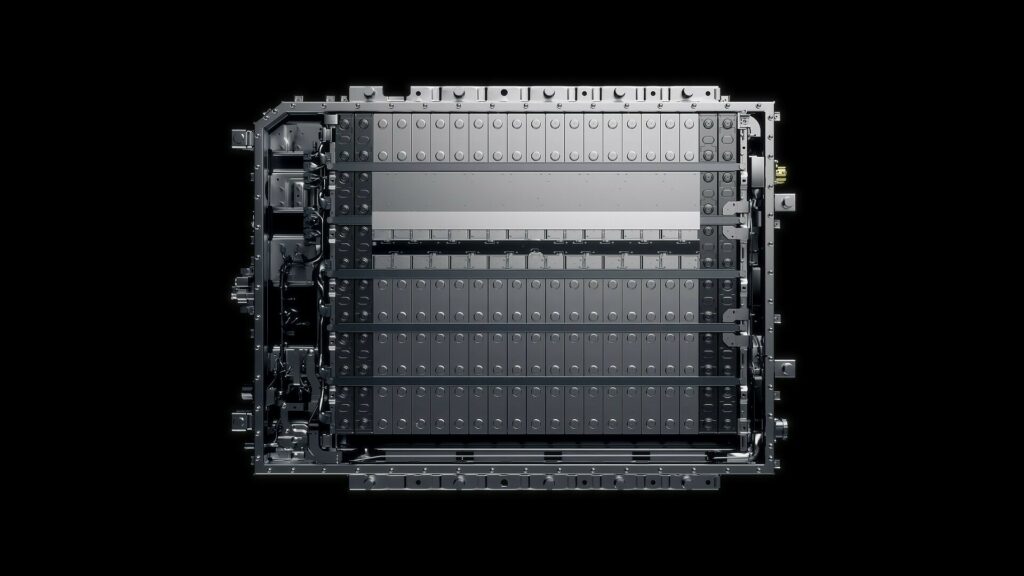- The European Union is reportedly considering forcing Chinese firms to hand over intellectual property in exchange for subsidies.
- Nothing has been set in stone, but the demand could be part of a battery development program that is slated to be launched next month.
- The idea could dissuade Chinese companies from seeking incentives, but it would likely anger Beijing.
In the past, if foreign automakers wanted to do business in China, they were effectively forced into a joint venture with a local manufacturer. While this policy has changed over the years, it appears the European Union might try enforcing something similar.
According to the Financial Times, EU officials are planning to introduce new rules that would require Chinese firms to transfer intellectual property to European businesses in exchange for subsidies. This will reportedly go into effect in December and apply to €1 billion ($1.05 billion) worth of battery development incentives.
More: Chinese Battery Maker Scraps Plans For Two German Factories As EV Demand Weakens
The publication went on to quote two senior officials as saying the scheme could be rolled out to other subsidy programs. However, the exact details aren’t set in stone and may change.
While the plan sounds pretty straightforward, it appears to have aspects of a poison pill strategy. In particular, it could make Chinese firms hesitant to go after incentives as it would require them to share technology with European rivals. This could end up helping European companies as there may be less competition for funding.

It’s not clear if that’s what officials have in mind, but the EU has to walk a fine line as the Financial Times noted CATL and Envision Energy have invested heavily in European facilities. It also goes without saying that China would likely be angered by the move and this could cause them to retaliate.
This wouldn’t be the first time China has fought back as they slapped a hefty tariff on European brandy in an apparent response to Europe’s targeting of Chinese EVs. At the time, China’s Ministry of Commerce suggested they could also target pork and dairy imports as well as “large-displacement fuel vehicles” such as luxury sedans and sports cars.












